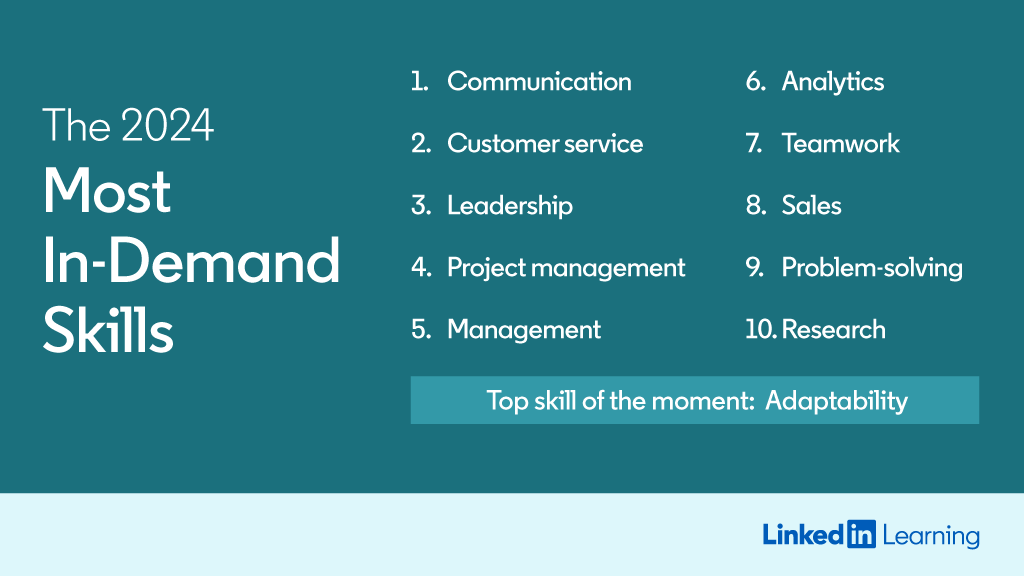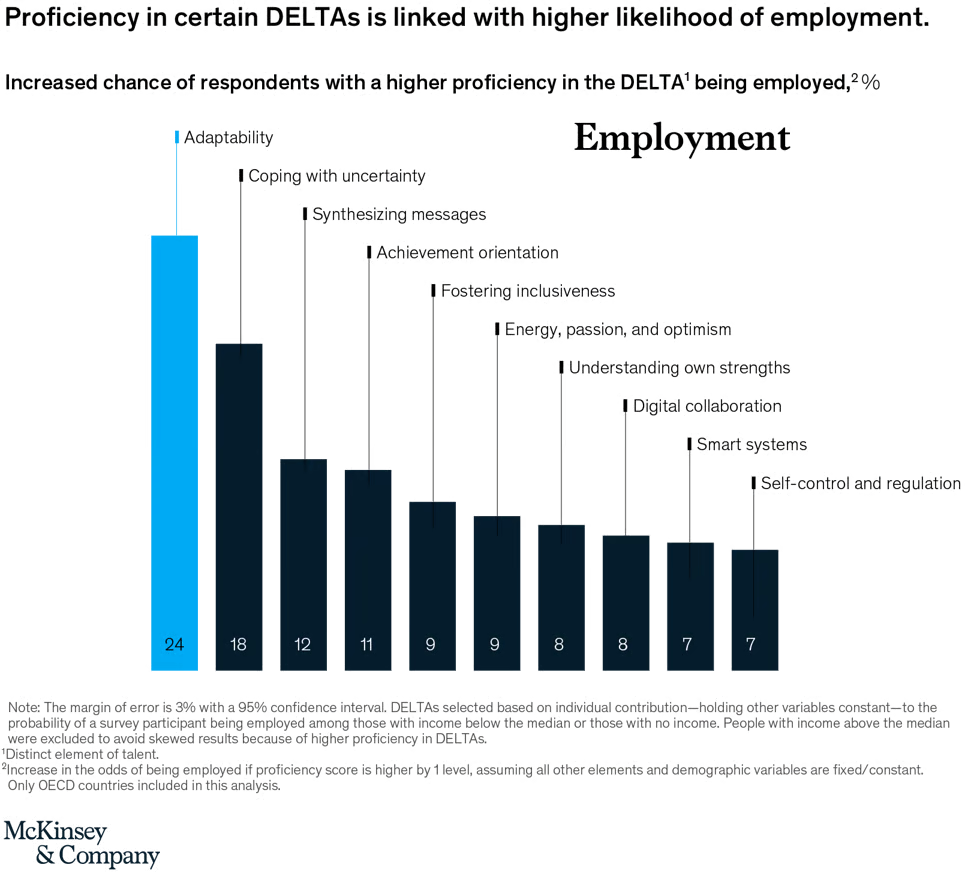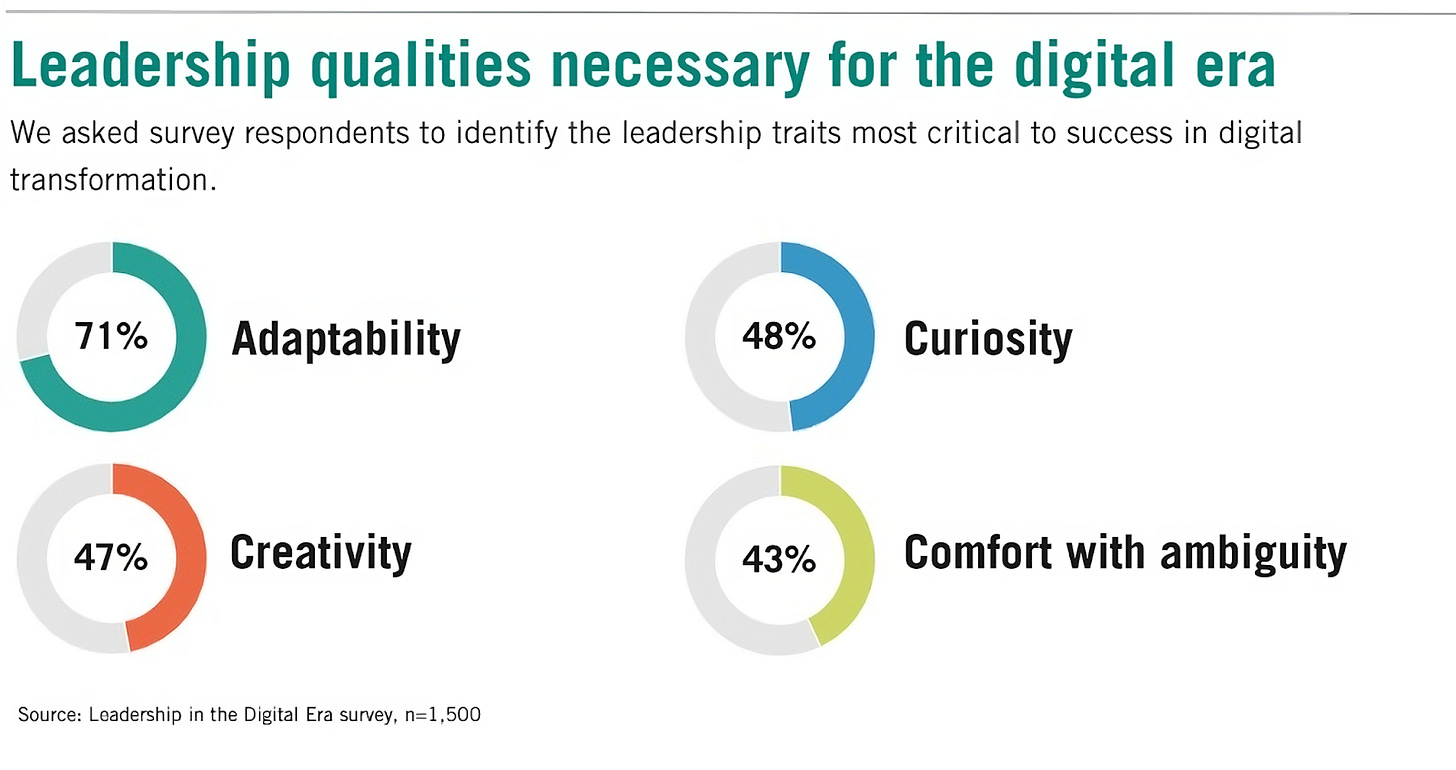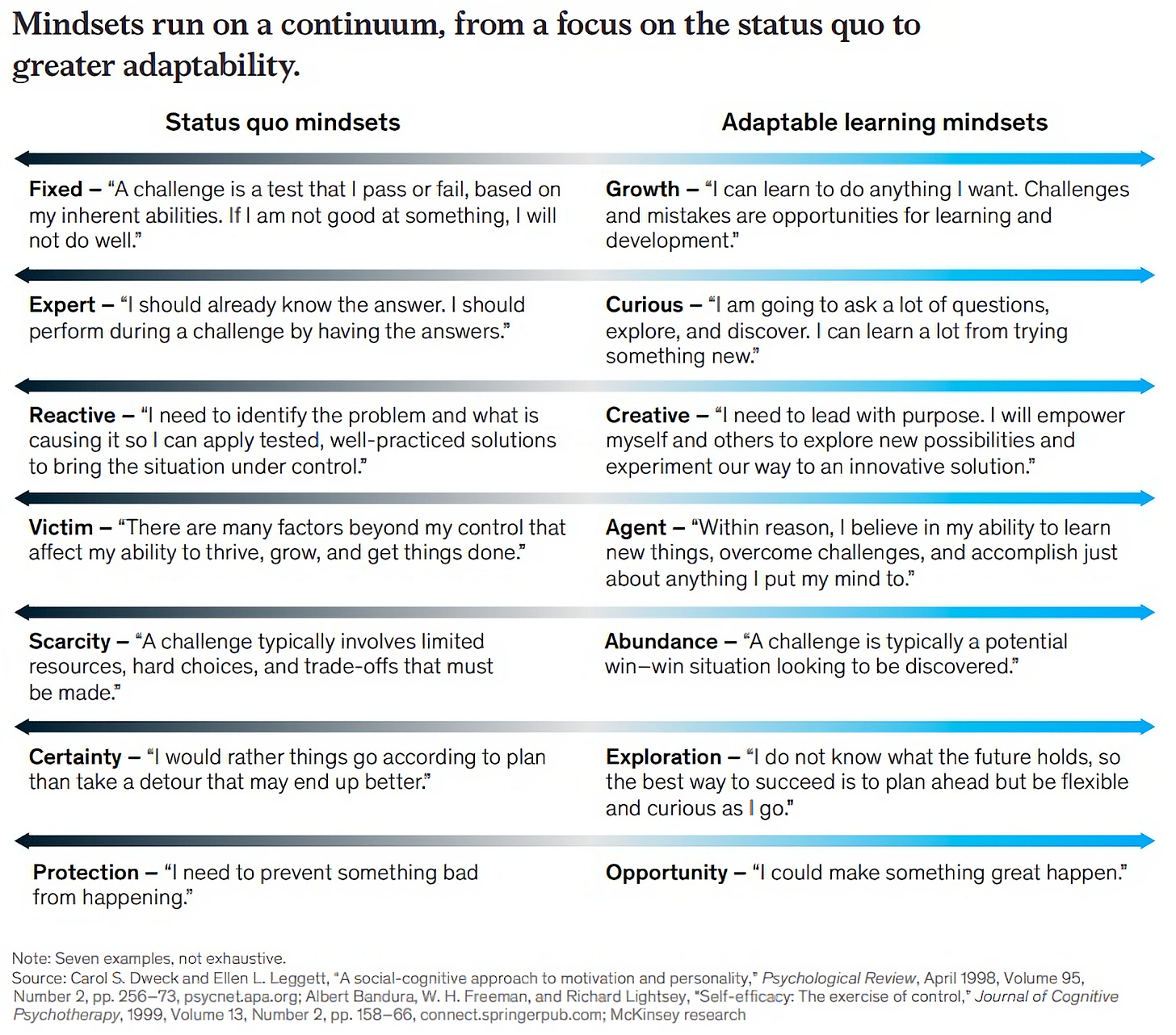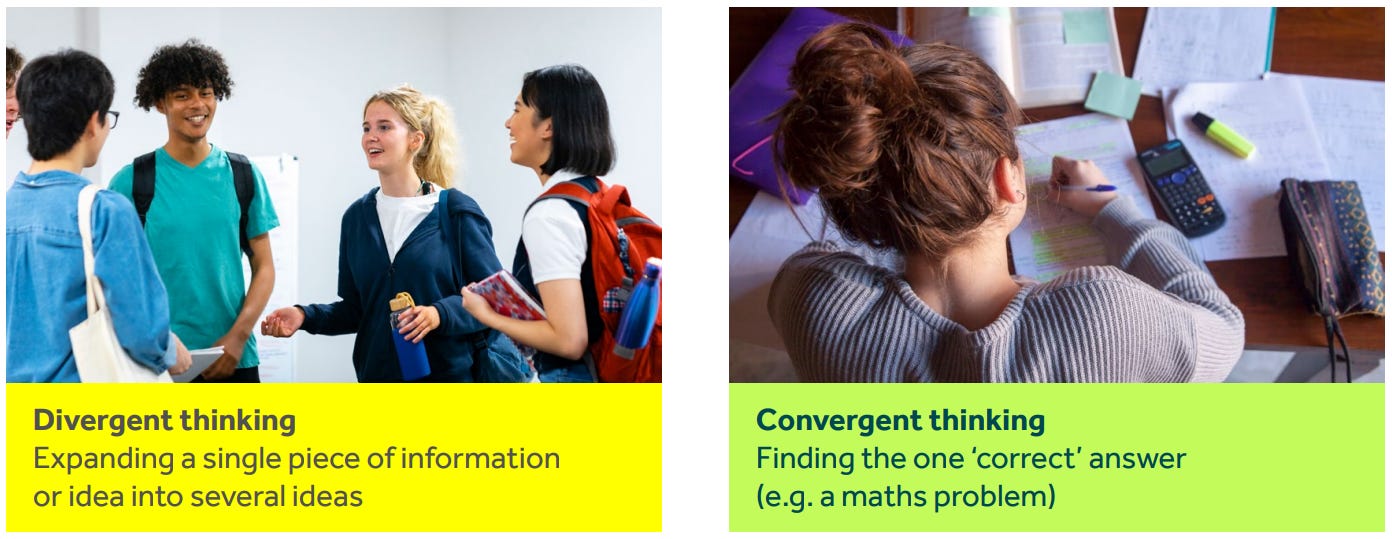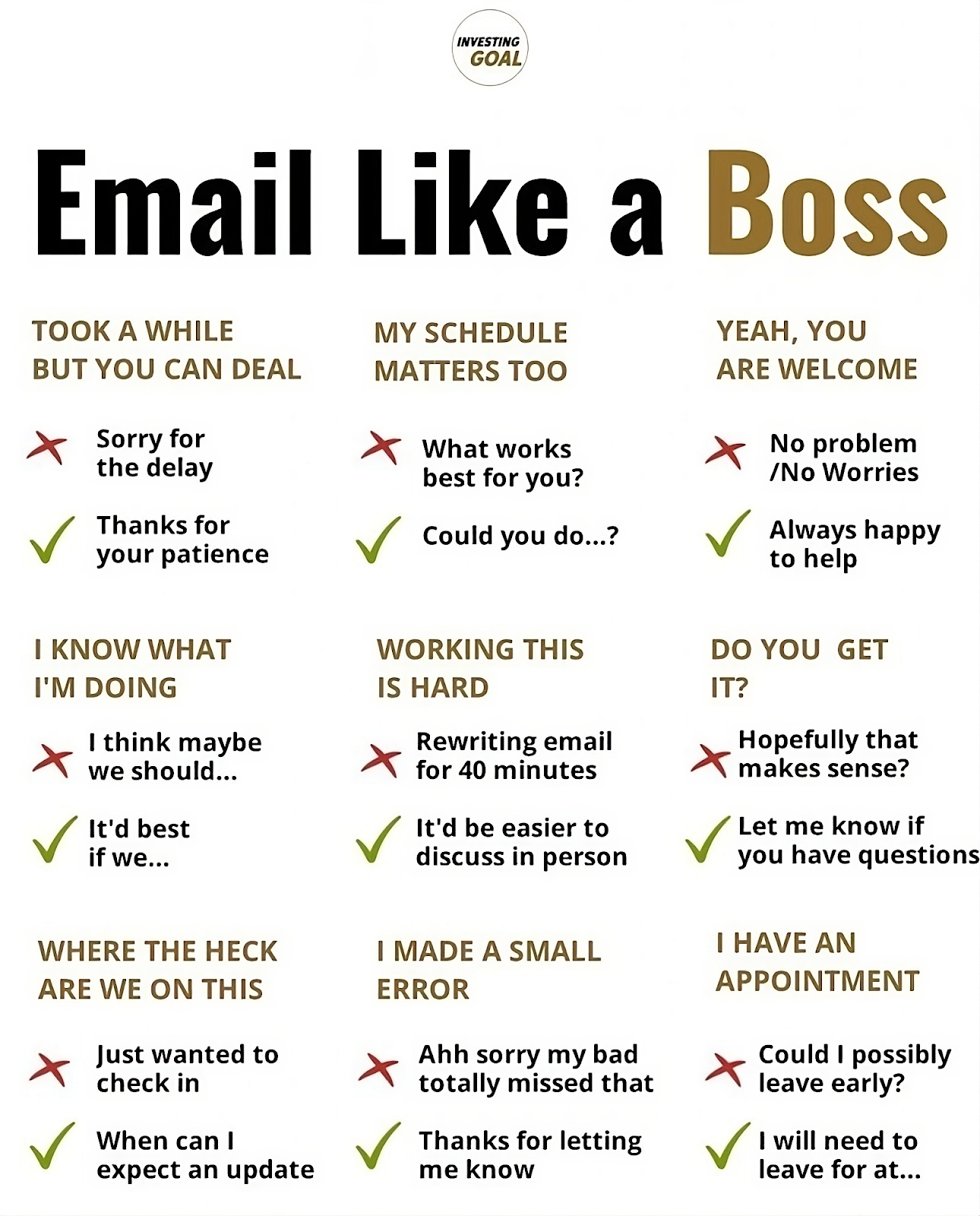LinkedIn has named Adaptability as the mission-critical, top skill of the moment.
PWC views adaptability as the defining element in talent competition.
McKinsey & Company found that people proficient in adaptability had 24% higher chances of being employed.
A Harvard Business School survey showed that 71% of 1,500 executives said adaptability was the most critical trait in a leader.
Why is Adaptability Important?
“The only constant in life is change,” said an ancient Greek philosopher, Heraclitus. That is still the case 2,500 years later.
Change has always been a part of life, but the pace of change today is unprecedented.
Not that long ago, it was common to choose a career and spend your whole life doing that, sometimes working all those years for the same company. Today, that’s nearly unheard of.
Let’s be honest: nobody likes change. It’s uncomfortable, stressful, and makes us feel vulnerable and lost.
Some people stay in terrible relationships, jobs they hate, and dangerous places just to avoid experiencing change. While it’s understandable, we cannot ignore the fact that the pace of change is accelerating at an unprecedented pace.
"Change has never been this fast. It will never be this slow again" - Calum Chace, author of Surviving AI and The Economic Singularity
Today’s change is exponential.
“The future is widely misunderstood. Our forebears expected it to be pretty much like their present, which had been pretty much like their past.” - Ray Kurzweil, futurist
Linear thinking, which involves projecting our past onto our future, cannot keep up with the exponential change occurring around us.
That’s why developing adaptability as a skill is so critical.
What is Adaptability?
“Intelligence is the ability to adapt to change.” - Stephen Hawking
McKinsey & Company treats adaptability as a meta-skill.
But what is adaptability? Are you adaptable? How can you tell? If you wanted to improve your adaptability skills, what should you do?
These are the questions I explored this week by reaching out to several experts on this topic.
“Adaptability is the ability to adjust to new conditions, challenges, and uncertainties. It involves the ability to pivot or change course when necessary, stay productive amidst disruption, and continually learn and grow in response to evolving circumstances. - Justin Marcus, CEO at Big 4 Talent
“Adaptability in the workplace means that you’re able to adjust to changes with ease. This can mean that you’re able to easily adjust to changes in a project, changes in leadership, new ideas, and then adapt your work accordingly.” - Scott Lieberman, Founder at Touchdown Money
Adaptable people do these 10 things differently. They:
Experiment
Stay current
Think ahead
Keep learning
Open their minds
Take responsibility
Recognize patterns
Refrain from complaining
Engage in positive self-talk
See opportunity where others see failure
McKinsey & Company shares examples of an adaptable learning mindset.
How to Become More Adaptable
“To become active adapters, we need to shift our focus away from the anticipation of change and back towards our own personal development so that when the inevitable change hits, we are in a better strategic position to make the decisions we need to make when we need to make them.” - Jim Frawley, CEO at Bellwether
“Purposefully exposing yourself to new experiences and environments is a great way to develop this skill. It could be as simple as taking on different roles within your organization, pursuing new hobbies, or even traveling to unfamiliar places.
What matters is to develop a mindset that views change as an opportunity rather than a threat.” - Bernard Meyer, Sr. Director of Comms & Creative at Omnisend
“Build professional bonds that cut across typical organizational levels, departments, and industries if possible. A commitment to learning from individuals at all points of the 'career' map offers insights you won't get by sticking to your lane alone.
Varied input is the key here, both up, down, and laterally: even asking direct reports for their opinions cultivates adaptability by making 'active listening a practice and demonstrable value in itself.” - Katie Devoe, CEO at CBD Nationwide
Hackling HR shared additional strategies to help you develop adaptability or what they call “the key ingredient to succeed in the future of work”:
Set aside time each week to research and understand the emerging ideas and technologies in your field
Improve your resilience by taking on challenging tasks, such as solving complex issues or completing projects under tight deadlines
Examine problems from multiple perspectives and develop several solutions
The last point ties to the difference between divergent thinking and convergent thinking.
Divergent thinking is like brainstorming, where you come up with many different ideas and solutions to a problem. Convergent thinking involves narrowing down those ideas to find the best one.
Both types of thinking are important for developing adaptability, as they help you generate creative solutions and then select the most effective one.
Adaptability is not something you can learn overnight. Start by paying attention to how you react to uncertainty and change. Then, implement some of the strategies mentioned in this article.
Essential Job Market Insights
“47% of companies won't interview candidates they can't find online.” Link
Use these 7 phrases on your next job interview Link
Guidelines for getting your resume through the applicant tracking systems (ATS) Link
A 7-step process for writing a job-winning thank you note Link
The one thing that makes a candidate stand out during a job interview above everything else Link
Looking back at the 1990s helps us understand today’s job market and what we can expect next Link
How to use ChatGPT to land more job interviews Link
Cheat sheets have become very popular on LinkedIn. If you're not familiar with them, they're concise, easy-to-read guides that simplify complex topics. I've curated over 100 cheat sheets, and some of them are really good.
Book a 1:1 career consulting call to get the insights and tools you need to secure your professional future. Click here.





